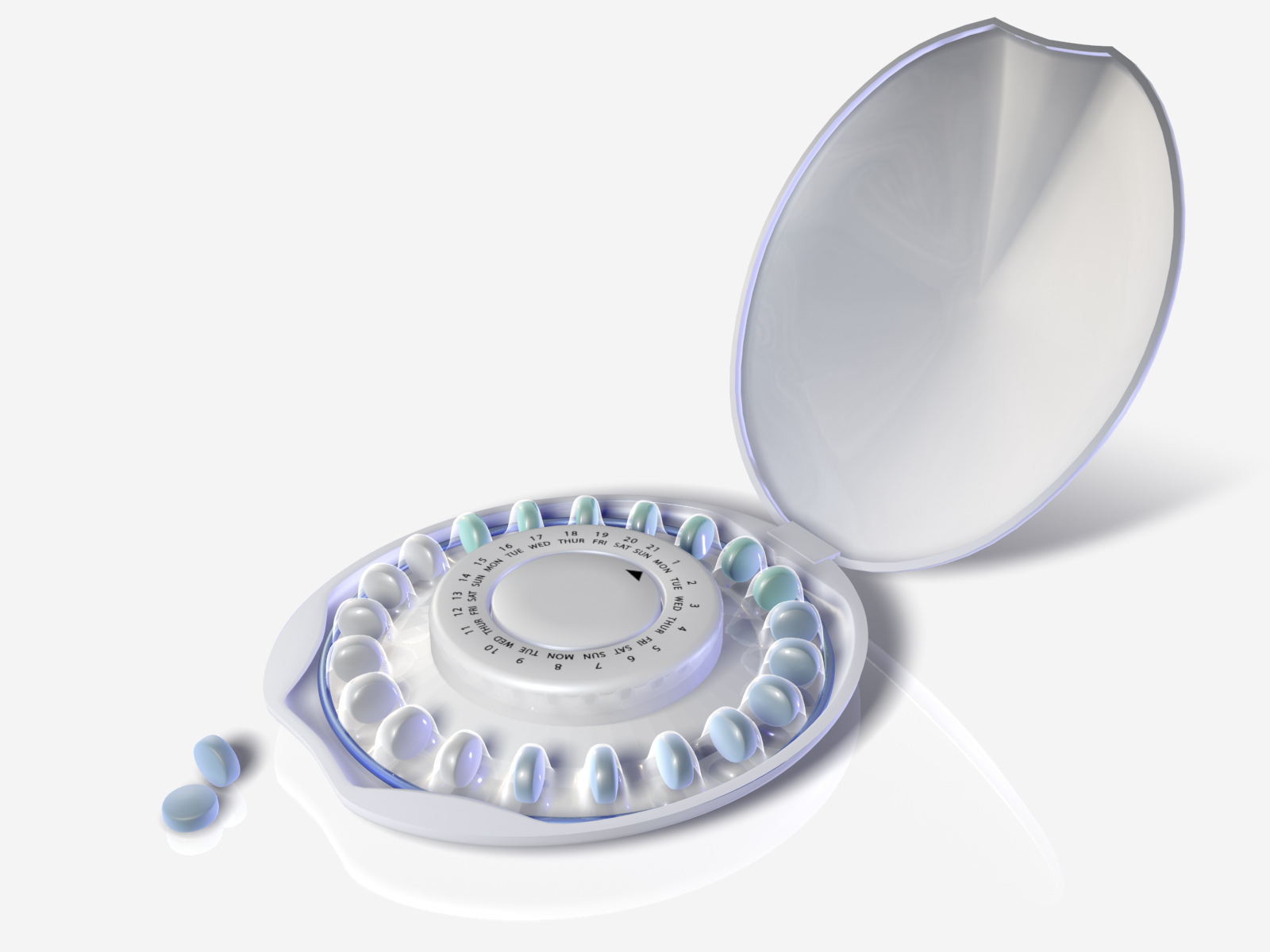New Links found Between Birth Control and Breast Cancer

In the 1970s when my wife and I got married, birth control pills were very popular. Back then, they contained much higher doses of hormones than they do now. They mainly prevented a fertilized egg from embedding into the wall of the uterus thus forcing it to be flushed out of the body. We didn’t realize at the time that this was actually a form of abortion since how the pill worked was not readily made public, especially since this was around the time of the abortion legal battle and Roe v. Wade.
After several years of being on the pill, my young wife began having some reactions to it so she stopped taking birth control pills and turned to other methods to prevent her from getting pregnant until we were ready.
About that time, reports began circulating that there was a connection between use of birth control pills and breast cancer and that prolonged use of the pill increased the risk of breast cancer. There were many reports that refuted those claims and it was difficult to know which was right.
Over the past forty years, many advancements have been made in medicine and the causes of breast cancer, including the genetic links which are now being tested by many women so they can take preventative action to avoid developing breast cancer. Some of the reports were confusing in that they reported that the older birth control pills did increase the risk of breast cancer but at the same time seemed to lower the risk of developing ovarian, uterine and colon cancer.
Over the past few years, I’ve seen a number of reports that indicate most women fear being told they have breast cancer more than other forms of cancer. If detected early enough, most forms of breast cancer are curable and with improved screening, about 220,000 new cases of breast cancer are diagnosed every year, but the mortality rate continues to drop, but it is estimated that about 40,000 women in the United States will die in 2017 from breast cancer.
Due to the link between birth control pills and breast cancer, the level of hormones in most pills and IUD devices are significantly lower than they used to be It was thought that the lower levels of hormones would reduce the risk of developing breast cancer, but a new study reports that the risk is still there, but not quite as high as it used to be:
“Modern birth control pills that are lower in estrogen have fewer side effects than past oral contraceptives. But a large Danish study suggests that, like older pills, they still modestly raise the risk of breast cancer, especially with long-term use.”
“Researchers found a similar breast cancer risk with the progestin-only intrauterine device, and they couldn’t rule out a risk for other hormonal contraceptives like the patch and the implant.”
“But the overall increased risk was small, amounting to one extra case of breast cancer among 7,700 women using such contraceptives per year. Experts who reviewed the research say women should balance the news against known benefits of the pill — including lowering the risk of other cancers.”
While the risk of breast cancer is lower in today’s birth control pills, Dr. JoAnn Manson, Chief of Preventative Medicine at Harvard’s Brigham and Women’s Hospital recommends that for most women, the pill and IUD is still a safe and effective form of birth control. She also recommended that women over 40 should opt for other forms of birth control such as non-hormonal IUDs, getting their tubes tied or having their partners get a vasectomy.
The choice is ultimately yours and your partner’s but make the choice wisely and do what you think is best for the two of you.








Recent Comments